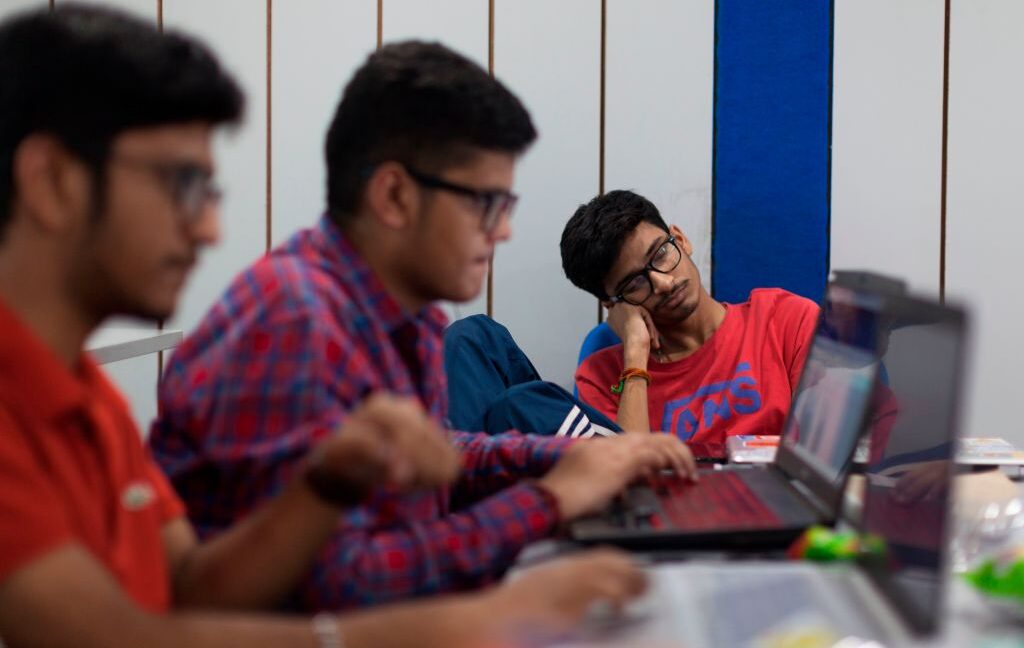If you are pregnant, follow these crucial tips to ensure a smooth pregnancy during the rainy season. Be extra vigilant during this time of the year.

Pregnancy and rainy season risks: Pregnancy is a crucial phase, during which mothers need to take care of themselves, eat healthy foods, and lead an active lifestyle. In the monsoon season, a pregnant woman must be extra careful about her health and well-being, because of a rise in infections, risk of injuries caused by falls, seasonal allergies, and other illnesses. While monsoon brings relief from heat, the rise in humidity can cause many other health problems, besides constant discomfort.
How Monsoon Season Increases Health Risks For Expectant Mothers
Dr Sucheta Parte, consultant-obstetrician and gynaecologist at Motherhood Hospitals, Lullanagar, Pune states that during the rainy season, slippery surfaces can raise the chances of falls, which can be dangerous during pregnancy.
Additionally, dampness and humidity can cause skin allergies, respiratory issues, and fungal infections, which can be quite concerning for pregnant women, who have to take care of their health during this crucial period.
The doctor also mentions that waterlogging can cause mosquito breeding which, in turn, can expose a person to the risk of developing dengue, malaria, and chikungunya.
Food and water contamination are common during this time of the year, which can make one susceptible to gastrointestinal infections like typhoid and hepatitis A.
“Pregnant women have weakened immunity and should be careful during the rainy days. Staying healthy during monsoon is not just about avoiding illnesses — it is also about ensuring the well-being of both the mother and her unborn child,” Dr Parte says.
Pregnancy Care Tips During Monsoon Season
The doctor wants all pregnant women to know the following basic things for good health:

- Wear comfortable footwear: Opt for non-slip shoes with a good grip as they are safe, and can reduce the risk of slipping on wet surfaces.
- Stay indoors when it rains: Avoid unnecessary travel or stepping out during heavy rains to eliminate the risk of infections and injuries. If you have to go for health checkups and follow-ups, make sure to exercise caution.
- Maintain good personal hygiene: Wash hands frequently and keep the body dry. Change damp clothes quickly to prevent fungal and skin infections.
- Eat fresh, home-cooked food: Avoid outside food and stay away from raw vegetables. Stick to freshly prepared, home-cooked meals to reduce the risk of stomach infections and ailments like gastroenteritis. Common signs of digestive system issues include vomiting, diarrhoea, bloating, and constipation.
- Safe drinking water: Always ensure drinking water is safe to avoid waterborne diseases like typhoid and hepatitis. It would be ideal to drink boiled water.
- Immunity-boosting foods: Opt for foods that can boost immunity. Include fresh fruits and vegetables in your diet, and eat vitamin C-rich foods like strawberries, kiwi, and guava. Follow a diet plan suggested by your doctor.
- Avoid crowded places: During monsoons, viral illnesses spread faster in closed, crowded spaces. Pregnant women should limit exposure to crowds to avoid catching flu, Covid-19, or other seasonal viral infections.
- Rest and stay hydrated: Get enough sleep and drink plenty of water to help your body stay strong and energised.
- Regular health checkups: Be regular with your health checkups and let your doctor know about symptoms like fever, pain, or rashes.
- Vaccinations and supplements: Talk to your doctor about flu and tetanus vaccinations. Maintain folic acid, iron, and vitamin D supplementation, since sun exposure is limited during rainy days.
- Use mosquito nets, repellents: Prevent mosquito-borne diseases by keeping the surroundings dry and clean. Diseases like malaria and dengue are rampant during this time of the year.
Don’t Miss Out on the Latest Updates.
Subscribe to Our Newsletter Today!












Leave a Reply